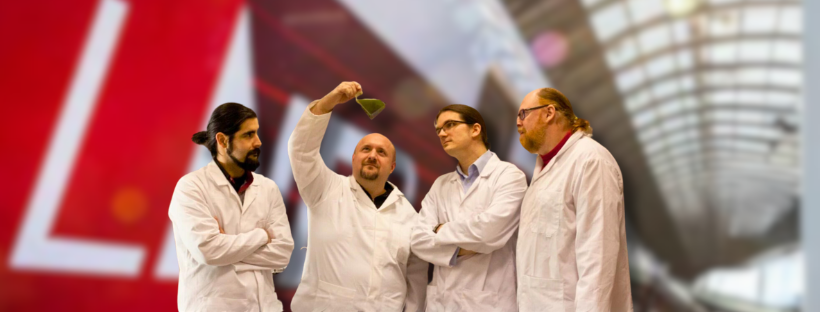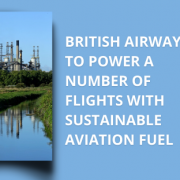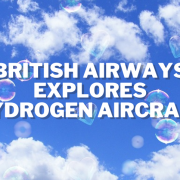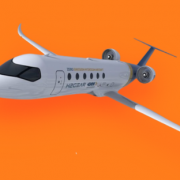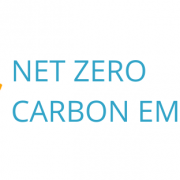LNER advances carbon capture technology in rail industry sustainability drive
LNER is making significant strides in its commitment to decarbonisation with the expansion of a pilot project in collaboration with science and technology startup Algacraft.
The pilot initiative aimed to assess the feasibility of utilising microalgae bioreactors to capture carbon around railway stations.
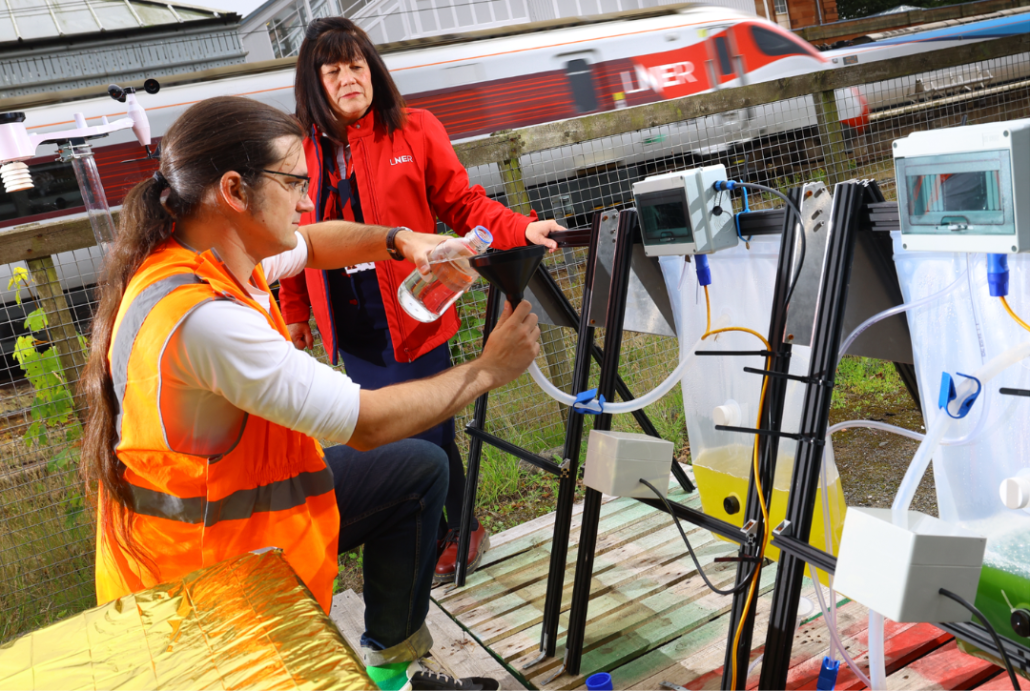
Microalgae, claimed to be even more efficient at capturing carbon dioxide than some trees, was tested for its adaptability to the UK climate without the need for temperature control.
The five-month trial period successfully demonstrated the growth of microalgae outdoors and its ability to capture carbon on a small scale.
Building on the success of the initial trial, LNER and Algacraft are now entering a second phase of testing at Berwick-upon-Tweed station.
The project utilises disused land adjacent to the railway, aiming to determine if the bioreactors developed during the pilot can be scaled up for more efficient carbon capture.
Each bioreactor occupies approximately the same amount of land as two parking spaces, making it a practical option for deployment in densely populated areas and stations.
This groundbreaking Algacraft pilot was selected as part of LNER’s flagship accelerator programme, FutureLabs. Designed to introduce innovative concepts to the rail industry, FutureLabs addresses key challenges, including the pursuit of a more sustainable railway.
Danny Gonzalez, Chief Digital and Innovation Officer at LNER, expressed enthusiasm about the project’s success, stating,
The early success of this first trial phase shows real promise. We strongly believe that technology holds the key to discovering novel ways to reduce our impact on the planet.
The research project aligns with LNER’s long-term sustainability plan, which includes achieving at least two carbon-neutral stations by 2025 and aiming for complete net-zero emissions by 2045.
In 2024, LNER plans to collaborate with Algacraft to optimise the system, demonstrating that on-site microalgae production can outperform other plant-based solutions in capturing CO2 in a given area.
Gonzalez added,
Given we have reached this first milestone, we look forward to developing our research further with Algacraft and sharing our learnings more widely with the rail sector and beyond.
For further information on LNER’s services and to book any rail journey at home or overseas, please contact your Global Travel Account Manager.

